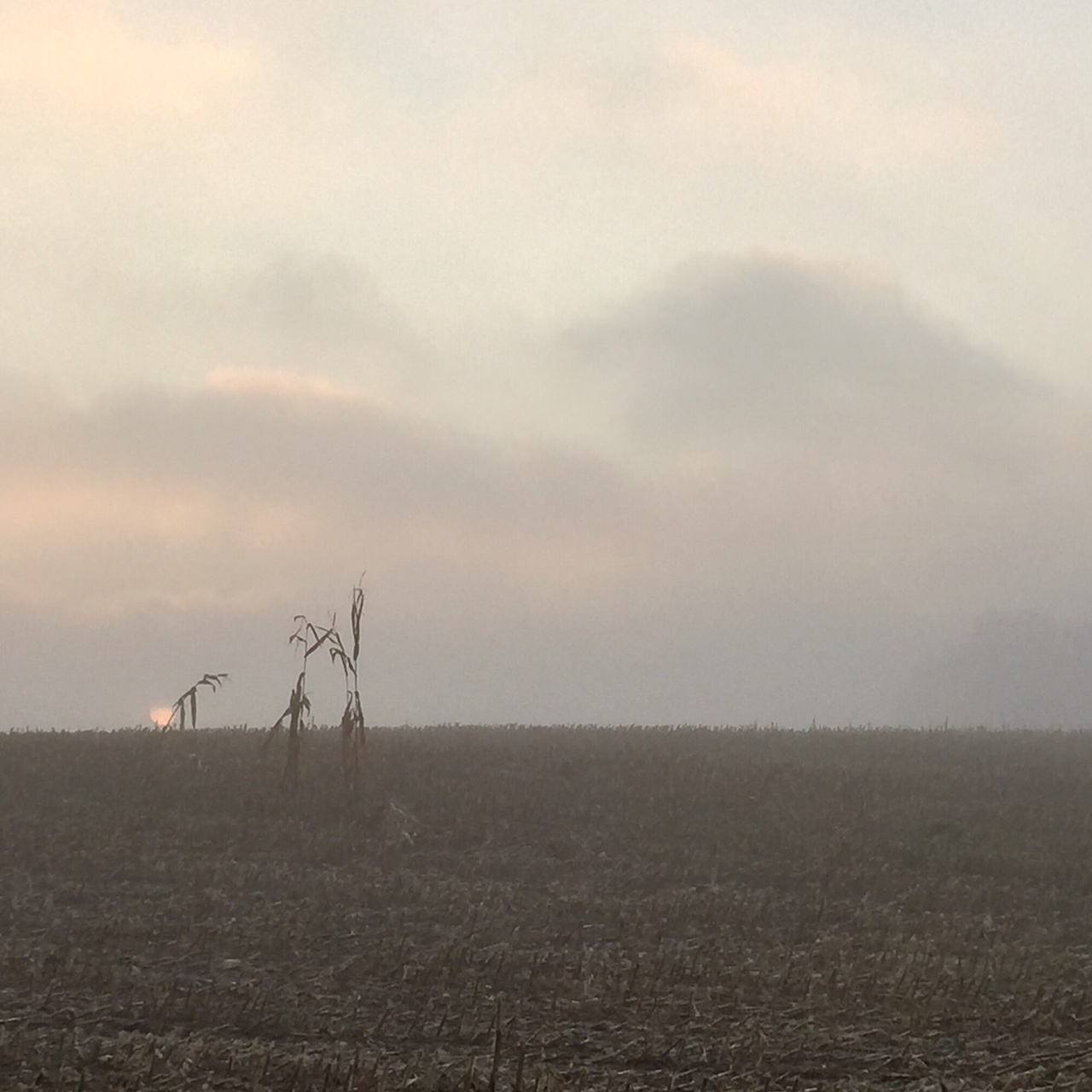
Who can help us solve the problem of poverty? Depending on how frame of reference, we might answer this in a number of ways. We might say government agencies, or nonprofit think-tanks, or charitable ministries. Since education is one solution to poverty, we could speak of teachers and school administrators and principals.
While it is true, that all of these people or groups of people have roles to play in ending poverty, it is easy to forget another and perhaps most important group of people: those who live in poverty. In her 2015 TED Talk, Mia Birdsong explains why “the story we tell about poverty isn’t true.” The conventional story of poverty goes like this: those who work hard are successful, therefore those who are unsuccessful (poor) must not be willing to work hard. With this mentality, Mia says, we are “convinced that poor people are a problem that needs fixing.” She goes on to describe the reality:
Marginalized communities are full of smart, talented people, hustling and working and innovating, just like our most revered and most rewarded CEOs. They are full of people tapping into their resilience to get up every day, get the kids off to school and go to jobs that don’t pay enough, or get educations that are putting them in debt . . . They are full of people doing for themselves and for others, whether it’s picking up medication for an elderly neighbor, or letting a sibling borrow some money to pay the phone bill, or just watching out for the neighborhood kids from the front stoop.
Former Secretary of State Condoleeza Rice also critiques the notion that poor people on the whole are passive, incompetent, or unmotivated. At the 2014 National Summit on Education Reform, Rice said: “it is such a mistaken impression that poor parents either don’t care or don’t know what is best for their kids.”
If the story we tell ourselves about poverty is wrong, how might we change it? Mia asks us to ponder some what-if questions. “What if we recognized that what’s working is the people and what’s broken is our approach? What if we realized that the experts we are looking for, the experts we need to follow, are poor people themselves? What if, instead of imposing solutions, we just added fire to the already-burning flame that they have? Not directing — not even empowering — but just fueling their initiative.”
Everywhere I go, I see people who are broke but not broken. I see people who are struggling to realize their good ideas, so that they can create a better life for themselves, their families, their communities.
When it comes to the topic of poverty in the context of education reform, it is important to bear in mind what Mia and Condoleeza are highlighting. We need to start with the assumption that poor parents want what’s best for their children, know their children better than anyone else, and are capable of helping their children succeed provided they are supported along the way by the various institutions of civic society: family, neighborhood community, school, library, church, etc..
We should #TrustParents
Below is the complete TED Talk. Click here to watch Condoleeza Rice’s keynote from the 2014 National Summit on Education Reform.
